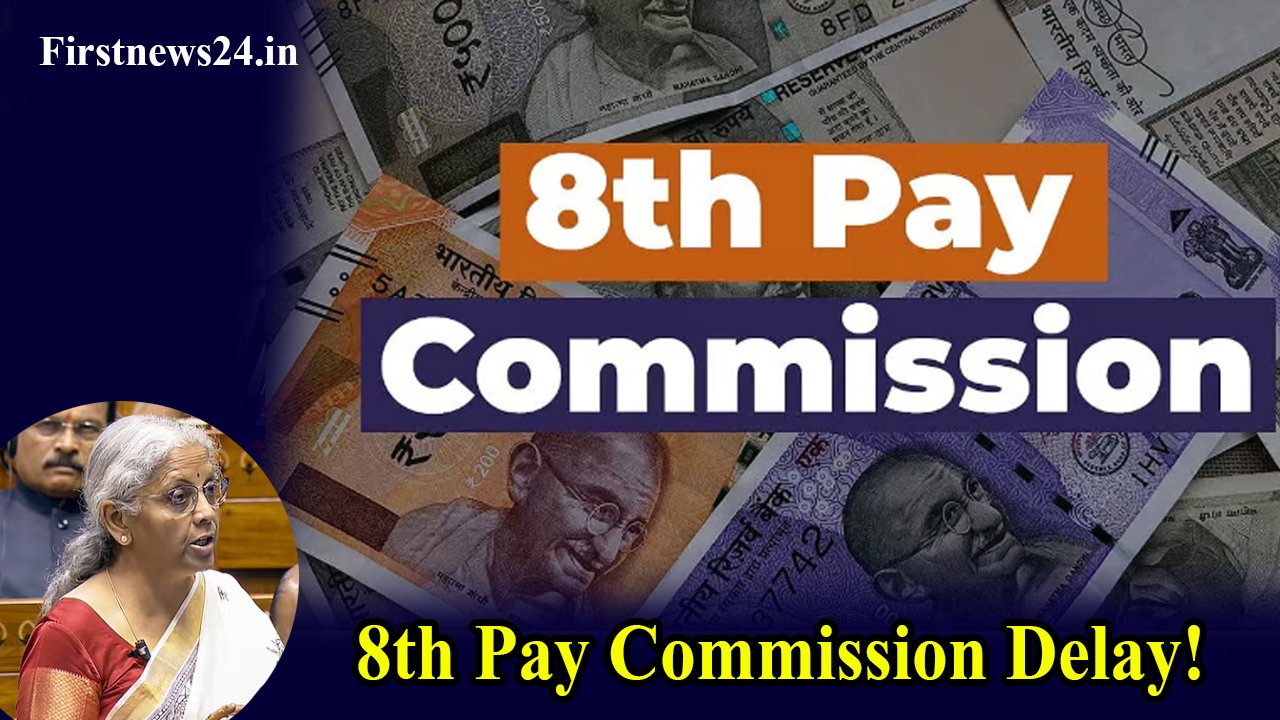The formation of the 8th Central Pay Commission (CPC) has hit a roadblock, causing anxiety among millions of central government employees and pensioners. Despite the government’s nod back in January 2025, key formalities — including the finalization of the Terms of Reference (ToR) and appointment of the commission’s chairman — remain pending.
The National Joint Consultative Machinery (Staff Side), representing the interests of central government staff and retirees, has raised its voice with increasing urgency. On June 18, 2025, its Secretary, Shiva Gopal Mishra, penned a letter to the Cabinet Secretary demanding transparency on the ToR and swift constitution of the commission.
Speculation and Doubts Rise Amid Delay in ToR Issuance
The Department of Personnel and Training (DoPT) had earlier confirmed the government’s decision to constitute the 8th CPC and mentioned that the ToRs were in the process of finalization. However, the delay in officially issuing these guidelines has bred widespread uncertainty among employees and pensioners alike.
The ongoing postponement has sparked speculation and created unease within the central government workforce,” the NCJCM letter stated, highlighting the growing demand for clarity.
Employees Question the Government’s Commitment
With no clear communication or timeline in place, doubts about the government’s seriousness in setting up the commission have intensified. Many employees wonder whether the delay reflects administrative hurdles or a deeper reluctance to push the process forward.
“There is mounting apprehension whether this is a genuine administrative step or just a formality,” the letter read, pointing to a fragile trust deficit that could affect employee morale.
Pensioners Worry Over Discretion in Benefits
Adding to the unease is the finance bill’s clause which allows the government discretionary power over extending pay revision benefits to pensioners under the 8th CPC. Retired personnel, who expect fair and equal treatment alongside active employees, feel particularly vulnerable.
“This ambiguity has fostered insecurity and resentment among pensioners,” the letter emphasized, urging the government to reassure retired staff of equitable treatment.
NCJCM’s Clear Demands for Transparency and Fairness
To address these concerns, the NCJCM put forth several key requests aimed at restoring confidence among central government workers and retirees:
-
Release detailed and official guidelines on the finalized ToRs without delay.
-
Issue a formal directive ensuring that all pensioners will receive pay revision benefits under the 8th CPC, guaranteeing parity.
-
Expedite the constitution of the 8th Pay Commission and appoint key members promptly.
The letter underscores that timely government action will not only boost morale but reaffirm the administration’s commitment to fairness and inclusivity.
What the 8th Pay Commission Means for Employees and Pensioners
The 8th CPC is tasked with revising the salaries, pensions, and allowances of approximately 50 lakh central government employees, including defence personnel. Additionally, it will impact around 65 lakh pensioners, ensuring their Dearness Allowance adjustments keep pace with inflation.
With over 1.2 crore beneficiaries awaiting the commission’s formation, the delay has become a matter of growing concern across the government workforce.
Awaiting a Clear Path Forward
While the government has given the green light for the commission’s establishment earlier this year, key procedural steps remain incomplete. The NCJCM’s letter serves as a pressing reminder that clarity, transparency, and timely action are crucial to restoring faith among those who serve and have served the nation.
As the wait continues, employees and pensioners watch closely, hoping for a decisive move that will secure their financial future and respect their service.
